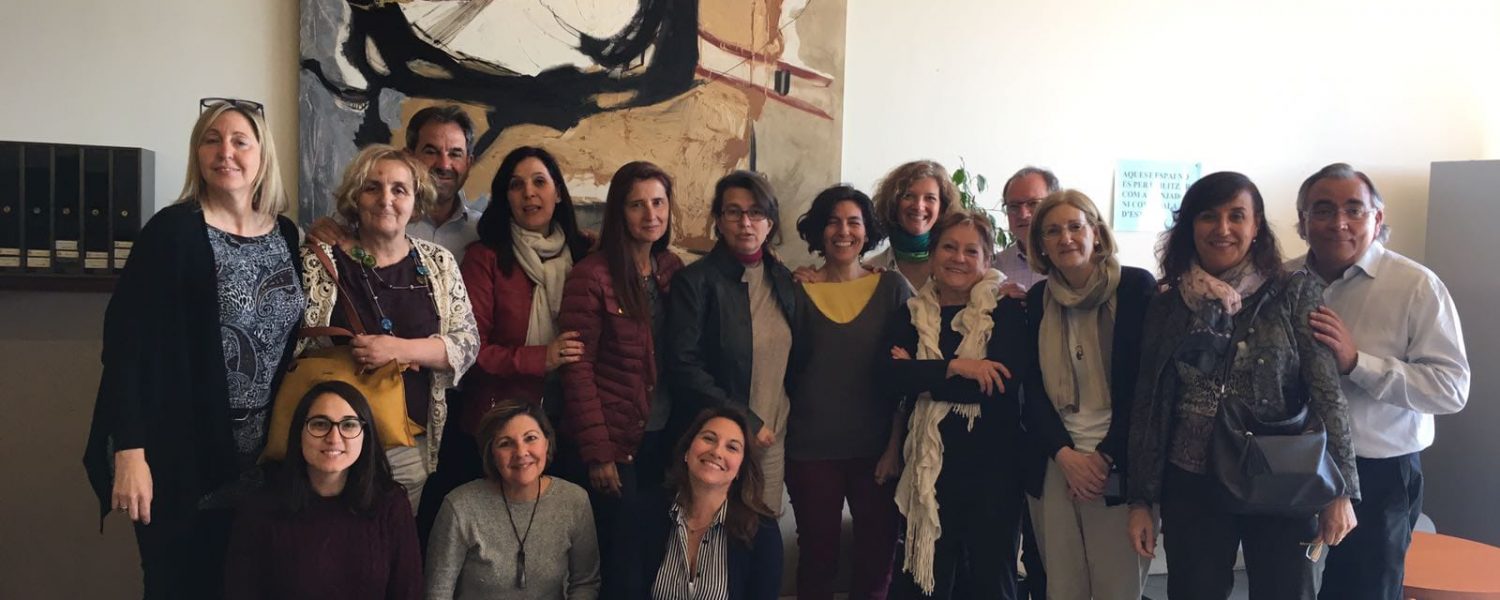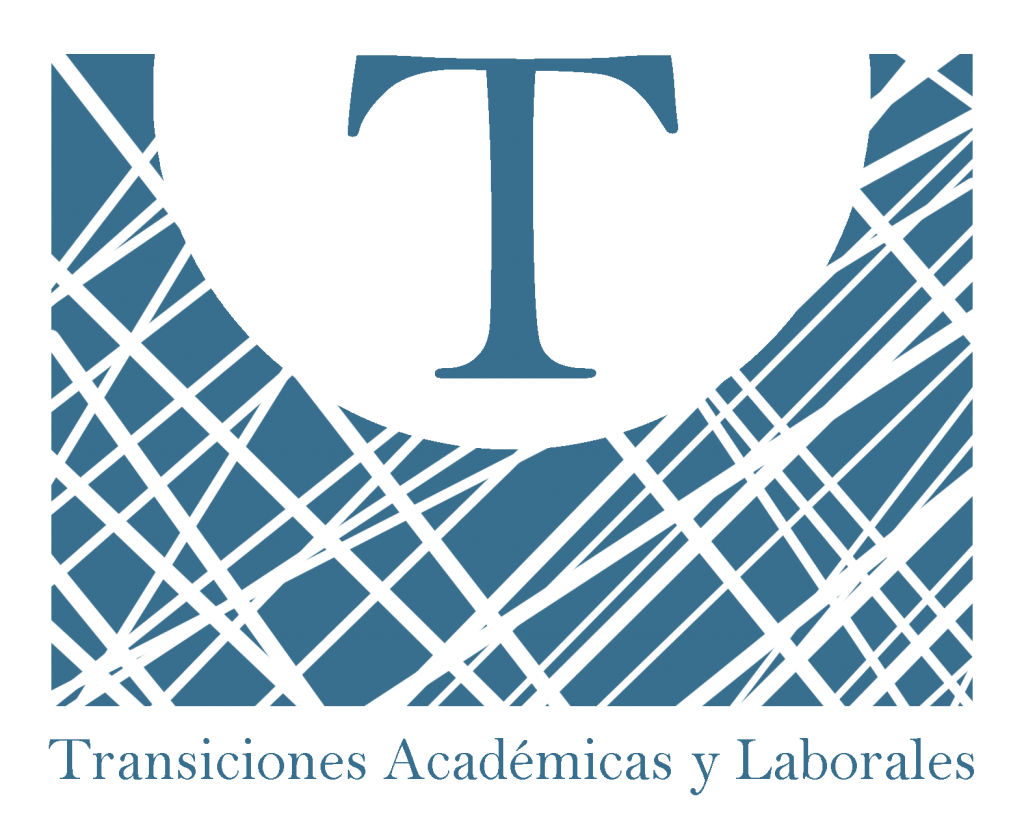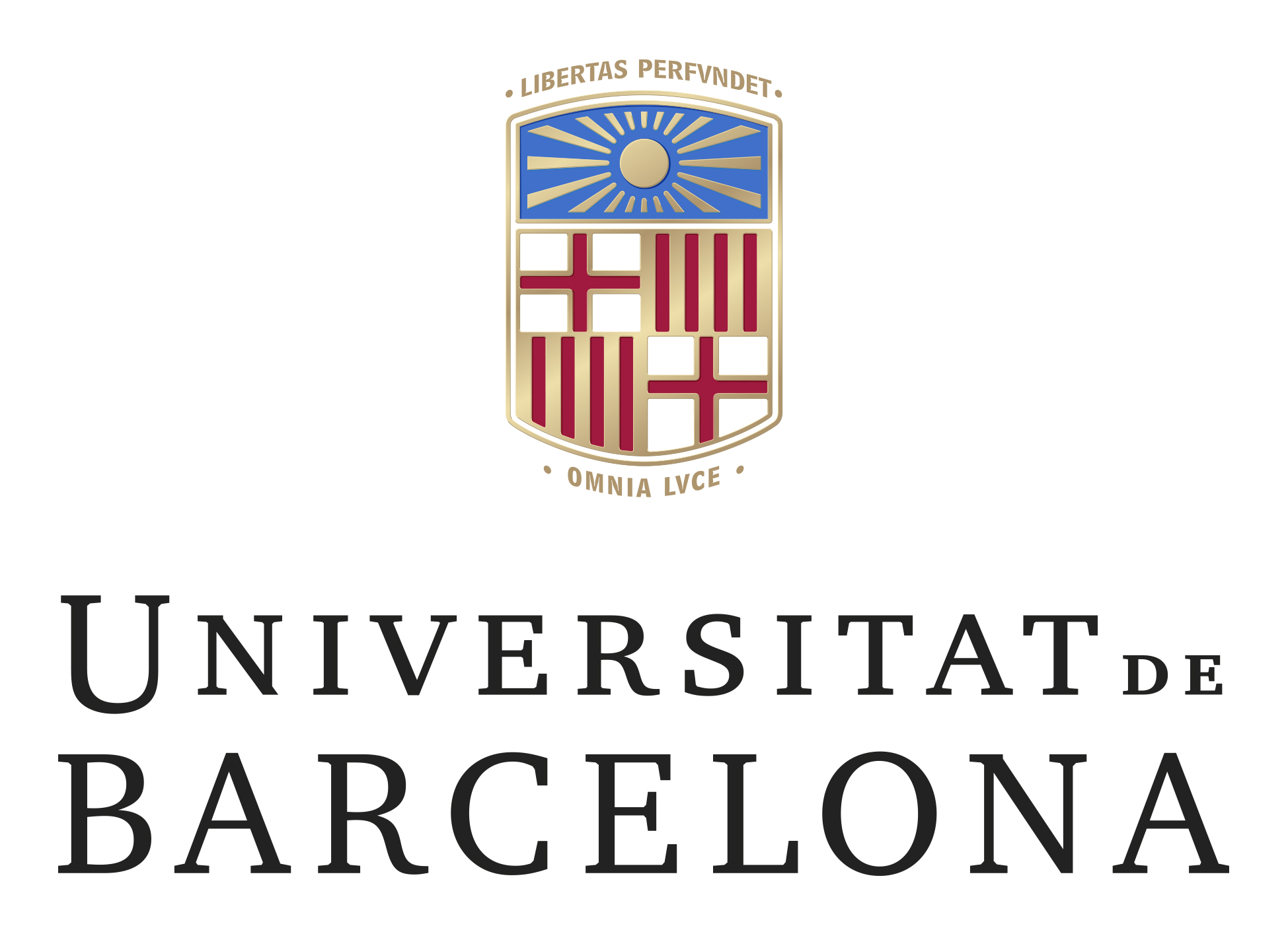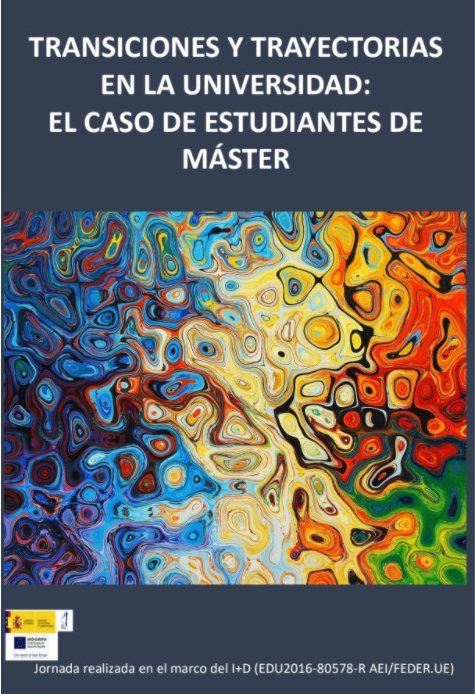Student Transitions and Access Itineraries in Masters’ Degrees in Spanish Universities: an Analysis of the Social Sciences Field









This study examines transition processes in access to masters’ degrees in the social sciences, with the participation of seven universities: six state, face-to-face universities (the Universidad Autónoma de Barcelona, the Universidad de Barcelona, the Universidad de La Laguna, the Universidad de Las Palmas de Gran Canarias, the Universidad de Sevilla and the Universidad de Zaragoza) from four different regions of Spain (Andalusia, Aragon, the Canary Islands and Catalonia), and the more specific case of the UNED, representing Spanish online universities.

Mercedes Torrado, Pilar Figuera, Montse Freixa, M. Ángeles Alegre, Juan Llanes, Carolina Quirós, Mercedes Reguant, M. Luisa Rodríguez, Robert Guerau Valls, Elisenda Pérez, Daniela Rojas
Pedro Jurado – Grupo CIFO (Colectivo de Investigación en Formación Ocupacional)
Soledad Romero, Celia Moreno – Grupo Literacies (Alfabetización, Multilingüismo, DIversidad, Orientación Profesional y Justicia Social
Pedro Ricardo Álvarez, David López, Rocio Peña – GUFOI Grupo Universitario de Formación y Orientación Integrada
Cristina Miranda, Arcadia Martín – Grupo de Investigación en Educación Social
Ana Arraiz, Fernando Sabirón – Grupo Consolidado de Investigación Aplicada en Etnografía de la Educación
Beatriz Malik, Valeria de Ormaechea – Grupo de Investigación en Educación Intercultural
This study examines transition processes in access to masters’ degrees in the social sciences, with the participation of seven universities: six state, face-to-face universities (the Universidad Autónoma de Barcelona, the Universidad de Barcelona, the Universidad de La Laguna, the Universidad de Las Palmas de Gran Canarias, the Universidad de Sevilla and the Universidad de Zaragoza) from four different regions of Spain (Andalusia, Aragon, the Canary Islands and Catalonia), and the more specific case of the UNED, representing Spanish online universities.
In the last decade we have witnessed a reorganization of university studies that has involved unprecedented growth in masters’ degrees aimed at professional development. The implementation of the EHEA throughout Spain has led to a new structure of university studies in the form of three new cycles. Since this took place the range of masters’ degrees on offer has widened substantially, and since 2008 enrolments have risen by 138% (MECD, 2015). These increases are especially important in some universities and degree subjects. The quantitative and qualitative weight of the master’s degree has also been confirmed on an international level (Hauschildt, Gwosć, Netz & Mishra, 2015).
Analyses of the characteristics of students enrolling on masters’ courses also corroborate a tendency towards the diversification of their social and educational backgrounds. Amongst the causes of this we would highlight: changes in employment and lifelong learning policies (Romero & Figuera, 2017); the achievement of equity in education, deriving from the social dimension (Egido Galvez, Fenández Diaz & Galán, 2014); and challenges stemming from the internationalisation of university systems (Rienties, Luchoomun & Tempelaar, 2014).
At the same time, the data reveal a rise in university drop-out rates, reaching 22.9% in Spain, with 15% in the first year. These figures vary according to types of university and degree subject (MECD, 2015). There are an additional two factors that, in our view, argue in favour of the social utility of the project presented here. First, there has been an increase in the cost of state university masters’ degrees, a factor that clearly impacts students’ itineraries. Second, the renewal of the official certification process of masters’ courses, recently implemented in this country, has made success and drop-out rates a measure of quality that universities are obliged to take into account.
These data show the important role that counselling and tutorial action can play; and indeed, the regulations (RD 1791/2010 of the University Students’ Statute) also back up such action. Developing such initiatives requires an in-depth knowledge of both students’ needs and the factors influencing their transition processes, and though these, their personal and professional development. In the specific field of university counselling, this particular transition has emerged as a key construct linked to the main challenges of people’s professional development. The purpose of this study relates precisely to the challenge of understanding masters’ students’ transition processes in order to offer concrete recommendations for their support and guidance.
Objective 1
To ascertain the characteristics of master’s degree students and the differences among them according to background and access itineraries
Objective 3
To understand students’ transitions to their masters’ degrees on the basis of their own perceptions and narratives
Objective 4
To design specific action plans to improve students’ transitions to masters’ degrees



